When it comes to maintaining your cast iron cookware, one crucial question that arises is: what temperature is best for seasoning cast iron? This process is essential for ensuring that your cast iron maintains a non-stick surface and a long-lasting lifespan. For professional chefs and culinary enthusiasts alike, understanding how to properly season cast iron can truly be a life-changing skill.
The seasoning of cast iron is not just a chore; it's a vital process that can enhance your cooking performance tremendously. In this article, we will delve deep into the ideal temperatures for seasoning, the right oils to use, and some remarkable tips that will make your cast iron cookware a staple in your kitchen.
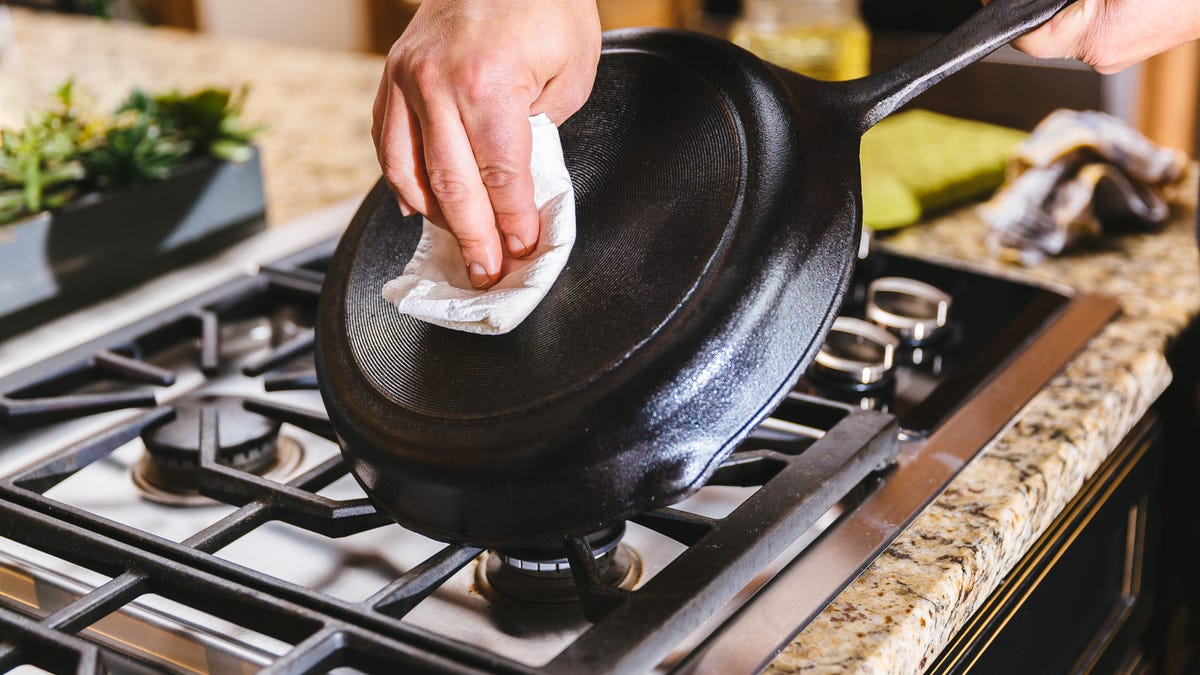
Why Seasoning is Important
Before diving into specifics, its important to understand why seasoning is essential. Seasoning creates a protective layer on the cast iron surface which prevents rust and enhances the flavor of your food. Without proper seasoning, cast iron can become prone to corrosion and can even ruin the taste of your dishes. The temperature at which you season cast iron significantly affects the quality of this protective layer.
The Perfect Temperature to Season Cast Iron
So, what temperature is best for seasoning cast iron? Most experts agree that the optimal seasoning temperature is around 450F to 500F (232C to 260C). This range allows oils to polymerize efficiently, creating a hard, protective coating on the cookware. Using temperatures below this range may not provide sufficient polymerization, and going above can cause the oil to smoke excessively and create unwanted flavors.
Choosing the Right Oil for Seasoning
Not all oils are created equal when it comes to seasoning cast iron. Here are some oils that are highly recommended:
- Flaxseed Oil: This oil has a high smoke point and is known for creating a durable layer. Many chefs swear by it.
- Canola Oil: A budget-friendly option that also works well due to its high smoke point.
- Grapeseed Oil: This oil is ideal for professionals who desire a neutral flavor and excellent seasoning properties.
- Vegetable Oil: Commonly available, it is good but lacks the same durability as flaxseed or grapeseed oil.
Steps to Season Your Cast Iron Properly
Heres a simple guide to seasoning your cast iron:
- Clean the Pan: Before you season, ensure the skillet is clean. You can use salt and a cloth to scrub it.
- Dry Thoroughly: Make sure it's completely dried to prevent rust from forming.
- Apply Oil: Using a paper towel, apply a thin layer of your chosen oil, making sure it covers the entire surface.
- Heat the Oven: Preheat your oven to the ideal temperature of 450F to 500F.
- Bake the Pan: Place the pan upside down in the oven for about an hour. This allows the oil to polymerize correctly.
- Cool Down: After an hour, turn off the oven and let the pan cool down inside it.
Following these simple steps will ensure a beautifully seasoned pan.
Common Mistakes to Avoid
In the quest to perfect the seasoning of your cast iron, be mindful of these common mistakes:
- Over-oiling: Applying too much oil can result in a sticky surface.
- Insufficient Drying: Not drying the pan properly can lead to rust formation.
- Low Temperatures: As mentioned, seasoning at too low a temperature will not yield the desired effect.
Maintaining Your Seasoned Cast Iron
Once youve successfully seasoned your cast iron skillet, maintaining it is crucial. Always clean it with hot water and a stiff brush, avoid soap whenever possible, and dry it immediately after washing. For deeper cleaning, refer to this guide on sanitizing saucepan.
When to Re-season Your Cast Iron?
Knowing when to re-season your cast iron is vital. Signs that it needs re-seasoning include:
- Rust spots appearing on the surface.
- Food sticking to the pan during cooking.
- Uneven coloring or dullness of the surface.
For thorough guidance on recognizing when your cast iron needs seasoning, check this resource.
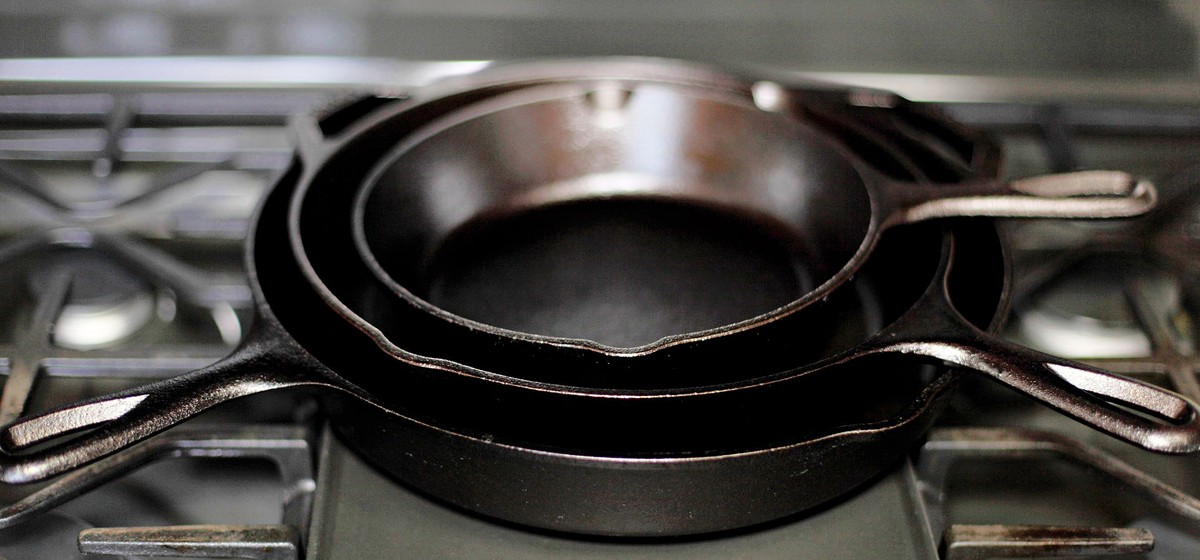
Frequently Asked Questions
1. Can I season my cast iron on a stovetop?
Yes, you can season it on the stovetop; however, using an oven is preferred for even heating and better results.
2. Do I need to season my cast iron after every use?
No, re-seasoning is typically done after several uses or when you notice the signs of damage.
3. Is it necessary to use a specific type of oil for seasoning?
While it is recommended to use oils with a high smoke point, the choice of oil can depend on personal preference.
As an Amazon Associate, I earn from qualifying purchases.

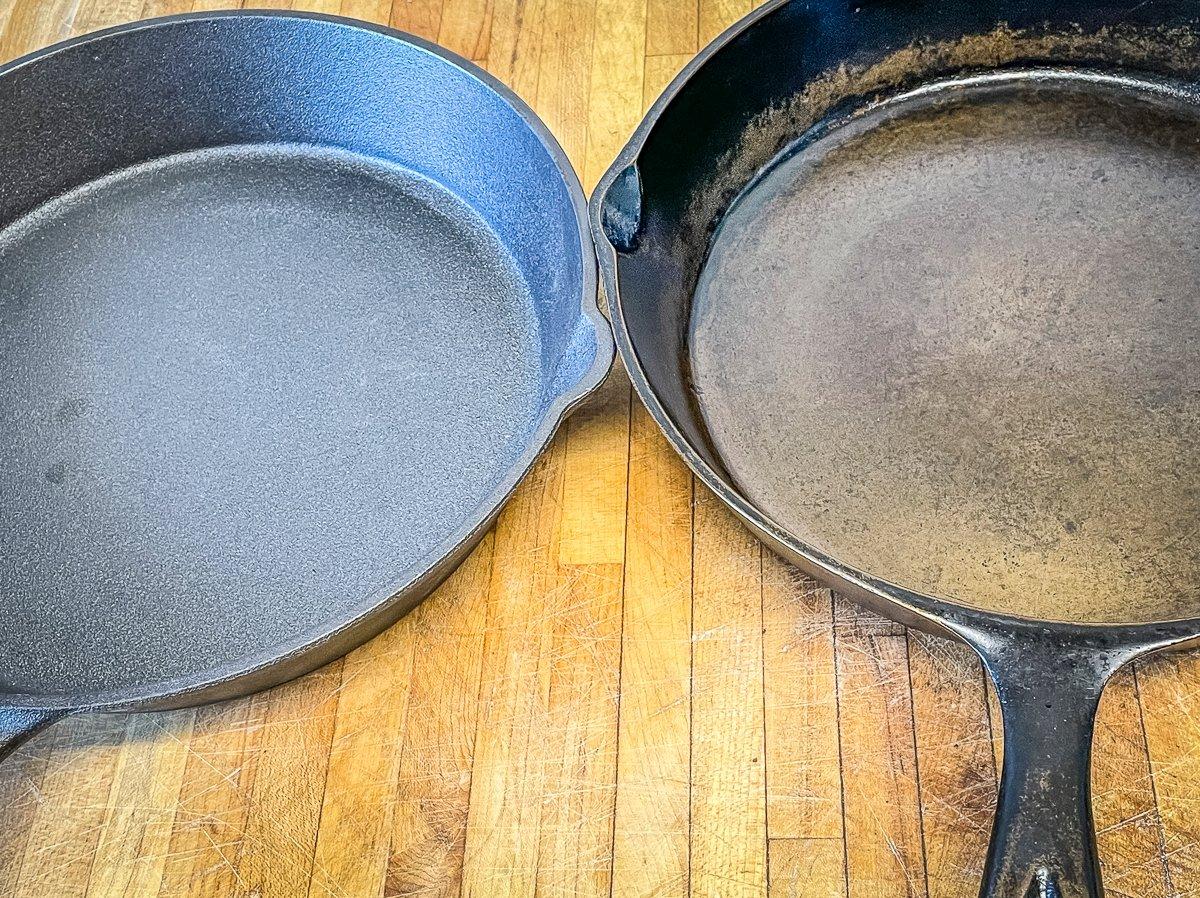


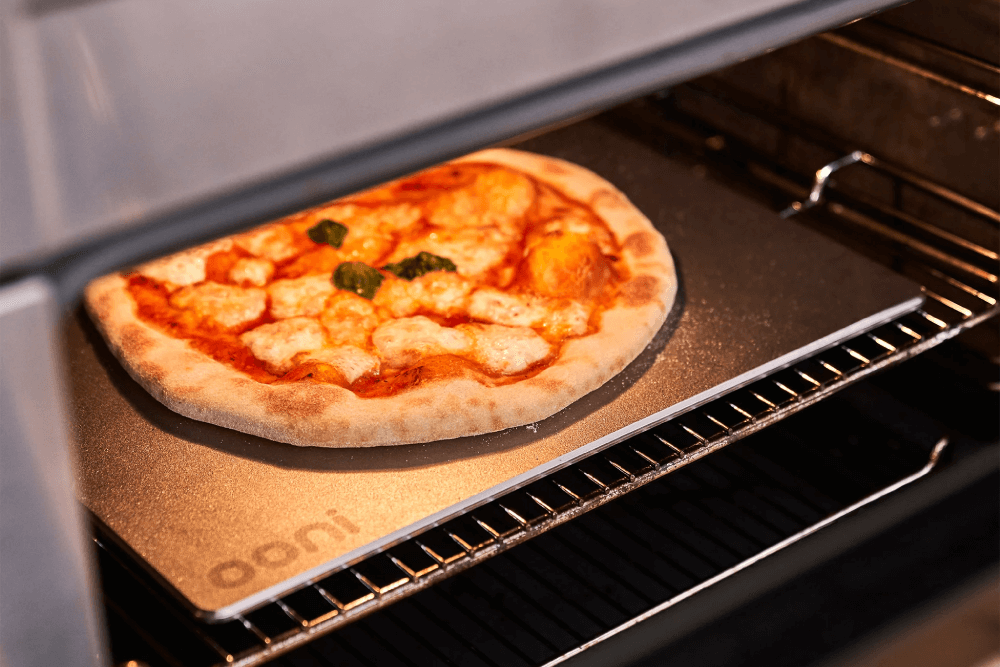
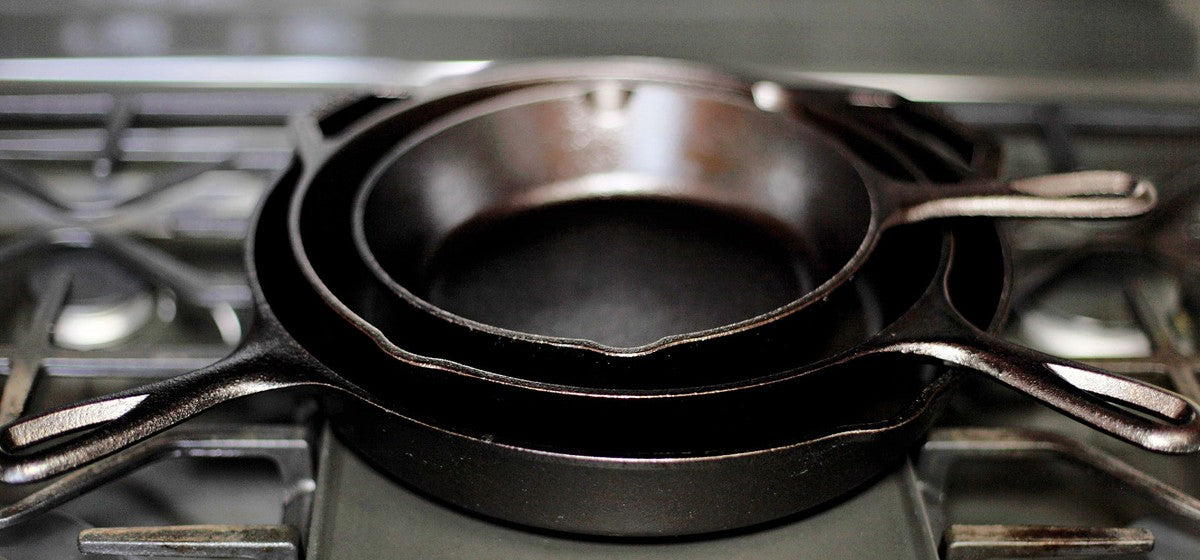
Leave a comment
This site is protected by hCaptcha and the hCaptcha Privacy Policy and Terms of Service apply.